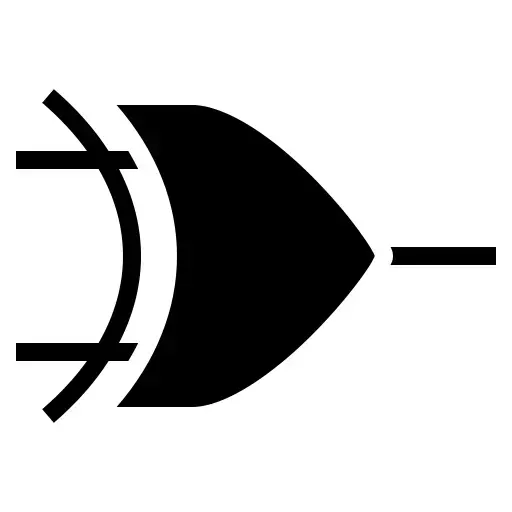Like, could you just invert all the bits in a block of data and turn it into nonsense?
Or shift/rotate bits, so 10000101 would become 00001011, rather than using an encryption function.
It would be easy to break if you just figured out which bit operations were made, but it’s a wierd thing to do so… would it be obvious at all that it was such a simple encryption method from the raw data?
Just had that thought, it sounds like a ‘security through obscurity’ measure.
Yes old encryption methods worked in a similar way, for example ROT13. The security of these methods ultimately relies on keeping the encryption process a secret, i.e. security through obscurity. These days we know that’s not good.
Modern encryption methods are publicly known and thus do not have that vulnerability. The security of modern encryption algorithms rely on keeping some sort of key a secret instead of the actual encryption process.
Ahh cool thanks for the info!
That would be a transposition cipher on the level of bits instead of characters, so it should have the same properties https://en.wikipedia.org/wiki/Transposition_cipher?wprov=sfla1
transposition cipher
Ohh that’s what it’s called, thanks!


